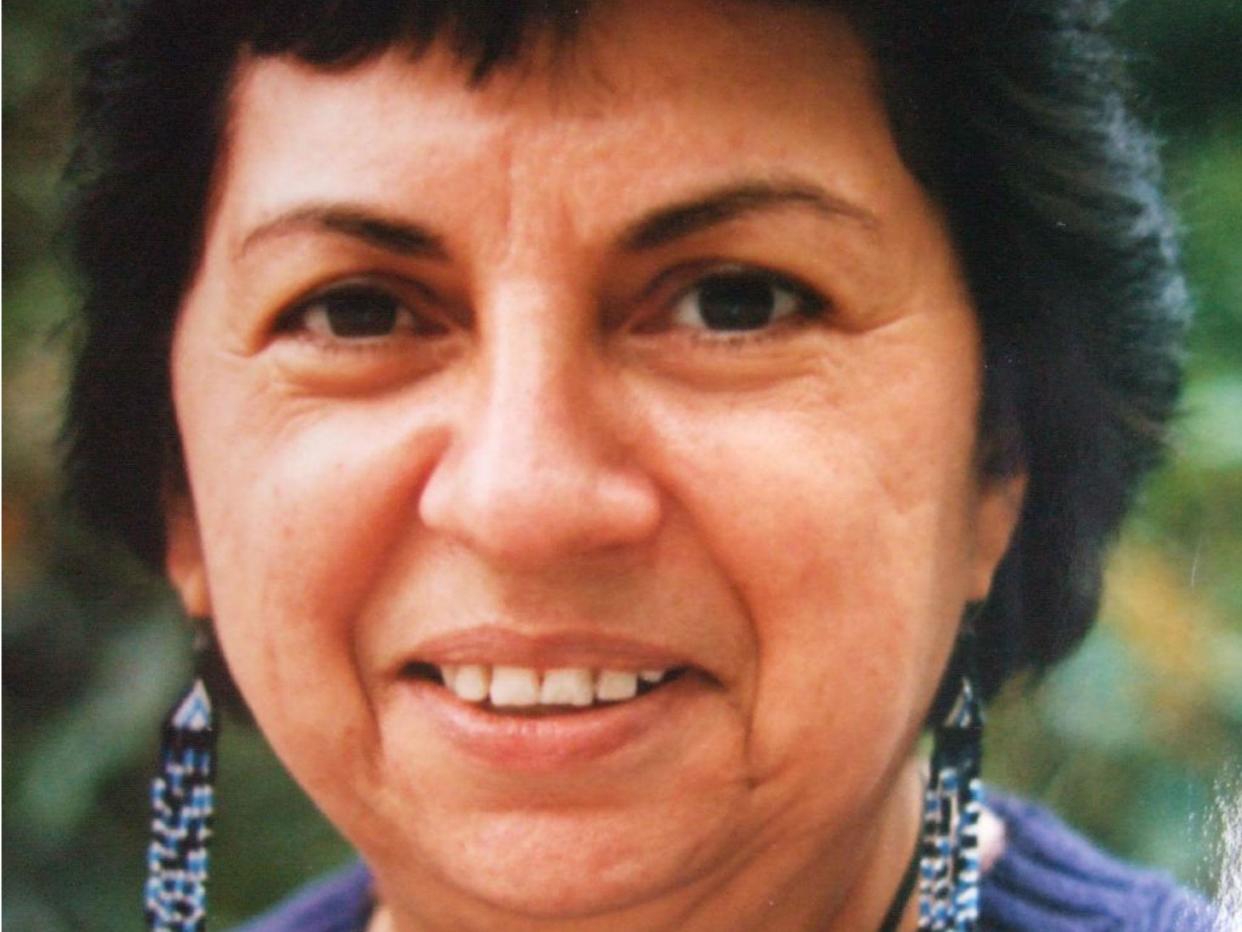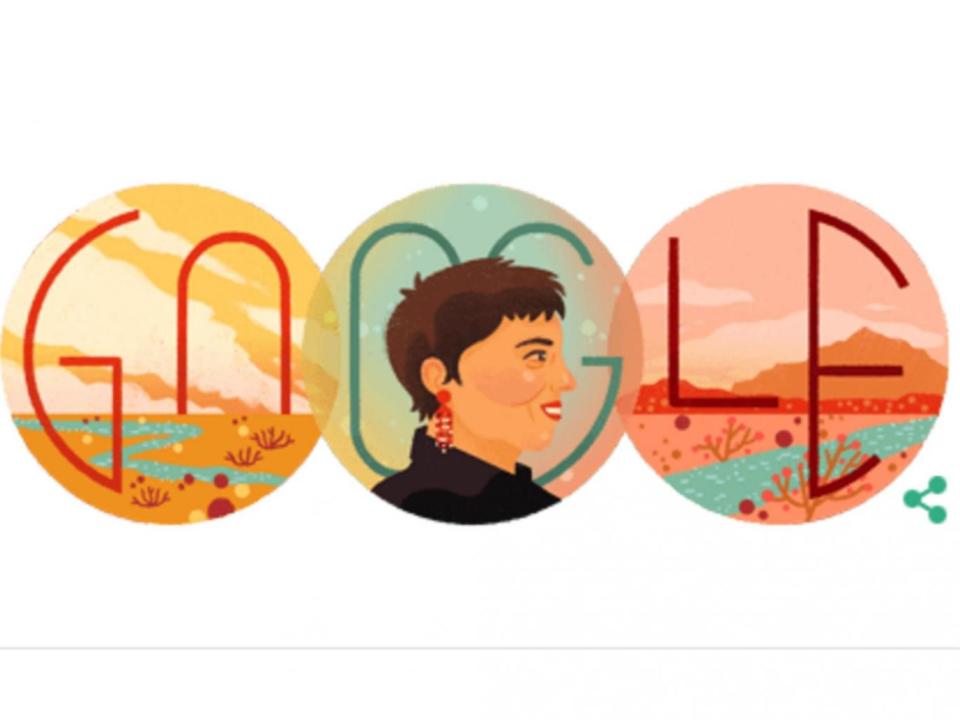Gloria E Anzaldúa: 5 facts about the cultural scholar you need to know

Gloria Anzaldúa’s life and work is often described as something of a contradiction.
The American scholar — of Mexican descent — was known for her work that crossed boundaries, both figuratively and literally on the US southern border, and with race and gender relations. At a time when tension between the US and Mexico are high because of Donald Trump’s repeated insistence on border walls and the rejection of foreign nationals in his country illegally, Google has chosen to honour Anzaldúa with a doodle.
“It’s not a comfortable territory to live in, this place of contradictions,” Anzaldúa once said of her identity as both American and Mexican, as both a native and a foreigner in her home country.
Tuesday would mark her 75th birthday, here’s what you should know about life and career.
She grew up on ranches and farms in border towns alongside the Texas-Mexico border. During that time she became interested in art and writing as a way to describe and capture the beautiful landscapes she saw there.
Her most famous work landed her on Literary Journal’s list of best books in 1987. That book, “Borderlands/La Frontera: The New Mestiza”, is a work that moves between English and Spanish prose and poetry. In some portions she poetically describes her world. In others, the writing serves as a confessional. In still others, she critiques the world she is seeing around her.

Her work has influenced a variety of academic disciplines. She came known in academic circles after moving to California in 1977. There, her work informed everything from Women’s Studies, LGBT Studies, Postcolonial Studies, and Chicano/a Studies.
She was awarded a honorary doctorate degree posthumously. That degree was in literature, and came from the University of California Santa Cruz.
She co-edited a book with feminist activist Cherrie Moraga. That book was called “This Bridge Called My Back: Writings By Radical Women of Colour.”

 Yahoo News
Yahoo News 
